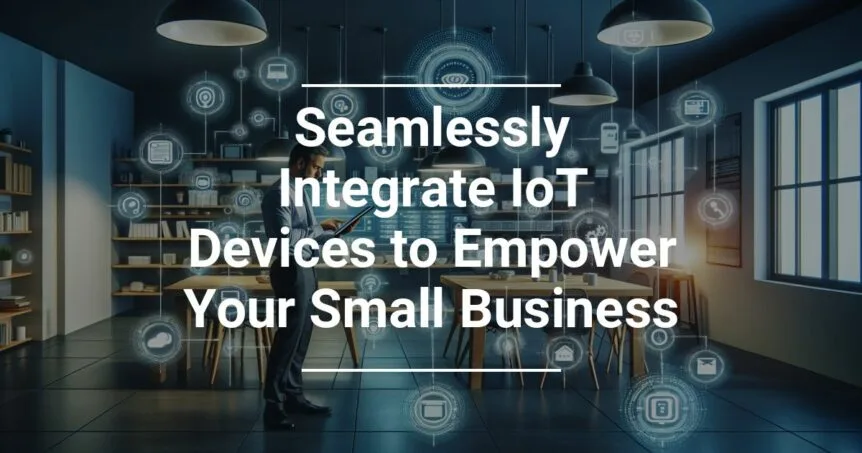In today’s rapidly evolving technological landscape, the Internet of Things (IoT) is fundamentally reshaping how businesses operate. IoT encompasses a network of interconnected devices that communicate and exchange data over the Internet. These smart devices range from simple sensors measuring environmental factors like temperature and humidity, to advanced systems capable of analyzing and acting on data without human input. By integrating IoT, businesses can automate routine operations, enhance decision-making, and significantly cut down on manual tasks.
Boosting Remote Management and Collaboration
Incorporating IoT devices into your business infrastructure can dramatically improve remote management capabilities. Business owners can oversee and control their systems from virtually anywhere, ensuring seamless operations. This remote access enables efficient diagnostics and problem-solving, which minimizes downtime and reduces travel expenses. For example, IT departments can roll out security updates and patches remotely, while cybersecurity teams can utilize IoT tools to detect and mitigate threats from afar.
IoT also plays a crucial role in enabling effective remote work environments. Employees can stay connected and collaborate effortlessly regardless of their locations, thanks to devices like smartphones, laptops, and tablets that utilize Internet connectivity. With the advent of 5G technology, high-speed and reliable connections facilitate video conferencing, real-time communication, and data sharing. This connectivity ensures that employees remain productive and engaged, even when working from different parts of the world.
Improving Efficiency with Real-Time Monitoring
One of the most significant advantages of IoT is its ability to provide continuous real-time monitoring, which is essential for maintaining operational efficiency. Sensors can continuously track various parameters and immediately alert relevant personnel or systems when anomalies are detected. This proactive approach helps prevent issues such as equipment malfunctions, product spoilage, and system downtimes. For instance, if a refrigeration system starts showing signs of malfunction, IoT sensors can notify the appropriate personnel to take corrective action before any damage occurs.
Beyond crisis prevention, IoT is invaluable for improving day-to-day operations. Automated data collection and analysis significantly reduce human errors and enhance operational efficiency. Asset tracking becomes more precise, and inventory management is optimized, reducing both carrying costs and the risk of stockouts. This level of precision not only boosts productivity but also aids in better resource allocation and cost management.
Leveraging Data for Customer Insights
IoT’s data-gathering capabilities extend to capturing and analyzing customer behavior and preferences. By examining data from multiple touchpoints, businesses can tailor their marketing strategies to better meet individual customer needs. For example, an online fashion retailer can analyze browsing patterns and previous purchases to recommend products that match a customer’s style preferences, thereby enhancing the shopping experience and driving sales. This targeted approach ensures that marketing efforts are more effective and resonate well with the audience.
IoT also helps re-engage customers who have shown interest but did not complete a purchase. Through advanced data analytics, businesses can identify these customers and offer personalized incentives like promo codes or special discounts to encourage them to return. This not only boosts customer retention but also fosters a more loyal and engaged customer base.
In conclusion, integrating IoT devices can fundamentally transform the way small businesses operate, from improving remote management and collaboration to enhancing efficiency and customer engagement. Staying updated on IoT trends and adopting these technologies can pave the way for sustained growth and success in today’s competitive market landscape.





